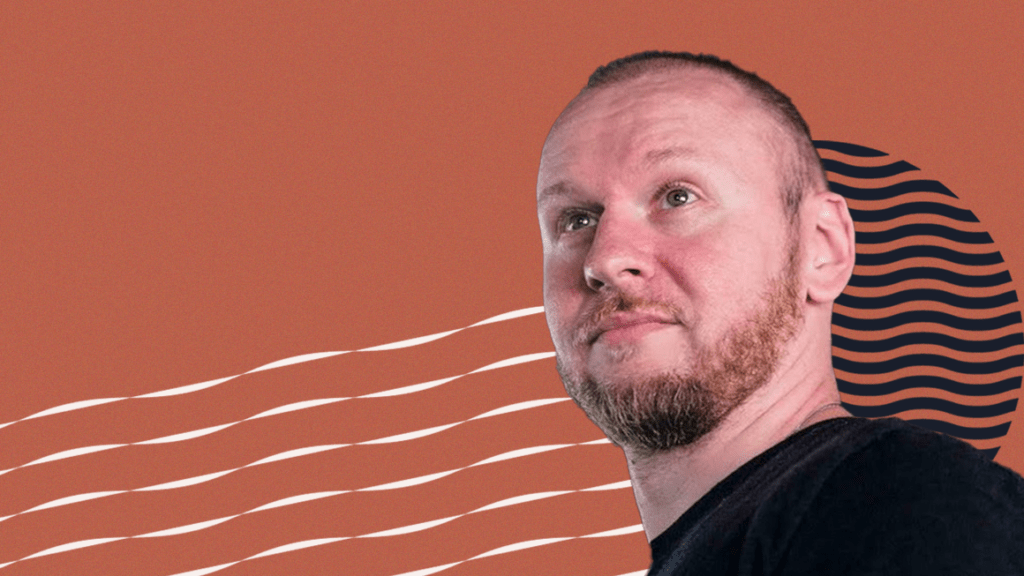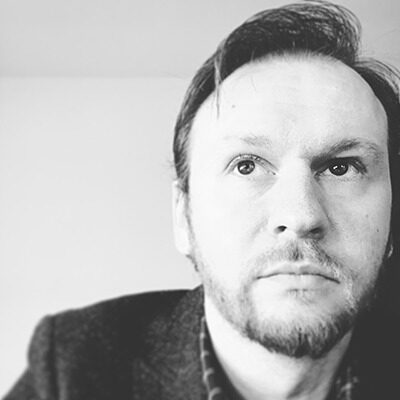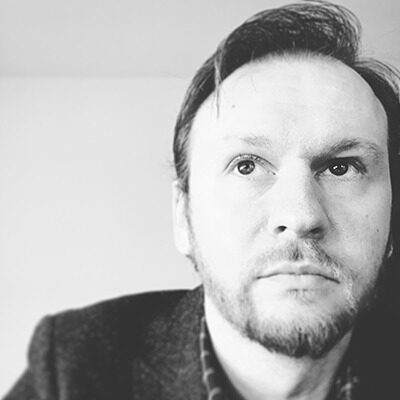
Time to Reimagine The American Dream
I opened the building door, ran up the stairs, and stopped by the door to the apartment. It had been about 24 hours since I left Ukraine, the country that I used to call home. I was finally in the U.S. My new home. I looked back to see what was taking my parents so long. All that luggage couldn’t be that heavy, I thought. I wanted the door to our new apartment—our new life—to open. They reached me a minute later, set down all our previous life belongings, and opened the door.
I walked in, and never looked back.
My story is not too dissimilar from many other immigrants. I was eight years old, young and excited. The idea of America was magical. The prevailing thought was “Anything is possible. I could do or become anything.” It was the dream. The American dream. It’s been 30 years since that moment, and I still remember that feeling.
Throughout my journey as an American citizen, the immigrant entrepreneur narrative (an often-told underdog story) supported me. And yet, Black, Indigenous, and people of color (BIPOC) within the U.S. do not see the benefits of a narrative like that. Instead, they face systemic discrimination and negative stereotypes.
As a society, we are beginning to unify around a common narrative: We should all be treated equally. Yet, the reality is that we are not. BIPOC continue to face systemic inequalities that are not changing fast enough. Within the physical therapy industry, we have an opportunity to do even better at a faster rate.
Cultivate new expectations.
The entrepreneurial journey is tough. In fact, it’s nearly impossible; most entrepreneurial endeavors are not successful. In the physical therapy industry (of which less than 25% of the workforce is BIPOC), it’s daunting to begin that entrepreneurial journey. We need to reframe the entrepreneurial experience from the start—in physical therapy school—with an emphasis on educating, supporting, and mentoring BIPOC individuals.
Physical therapy schools have a unique opportunity to positively steer and support BIPOC PTs. Early on in my career it was normal to hear, “Wow… You are so entrepreneurial,” when I shared my aspirations. It was second nature for people to accept that I wanted to be an entrepreneur once they heard I was an immigrant. The same second-nature acceptance of entrepreneurship should apply to BIPOC.
Reframe the narrative.
While actions speak louder than words, there are still many conversations to be had regarding racial inequalities. For the longest time I had no idea how to broach these topics; it can be challenging and uncomfortable. That’s ok. We need to spotlight ongoing inequalities in order for change to occur. We need to engage in meaningful conversations in order to learn about equity blindspots. We need to reframe our personal narratives—the narratives that tell us we are incapable of making change happen. We can. We must.
Support the journey.
Physical therapy school—any education beyond high school—is expensive. For many individuals, additional schooling is prohibitively expensive. The reality of high student loans, low career entry salaries, and constantly rising living expenses does not leave room for growth. That’s why organizations such as Rizing Tide are crucial to helping BIPOC physical therapists. Within the physical therapy field, scholarships are tough to find—and there are few BIPOC-specific scholarships. To combat this problem, Rizing Tide offers a unique and much-needed opportunity to young marginalized physical therapists through critical financial support.
Too often, for too many BIPOC, the entrepreneurial journey never gets started. Years ago I stood at the threshold of a doorway to a better life. Now, I want to pass that opportunity to others. Together, we can level the playing field and help others to their opportunity doorway—and see the amazing work they do once they walk through.

